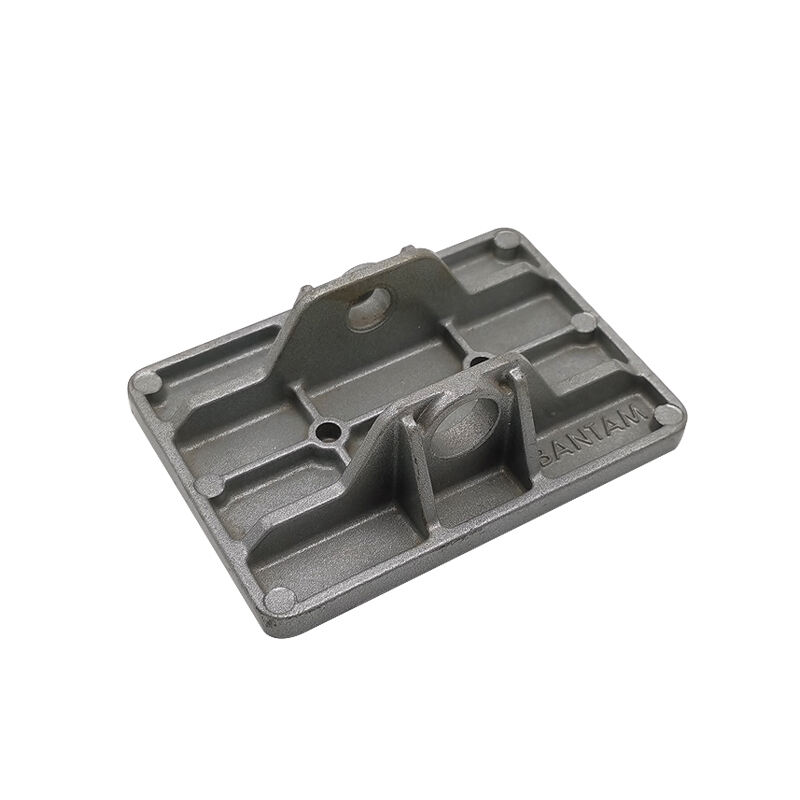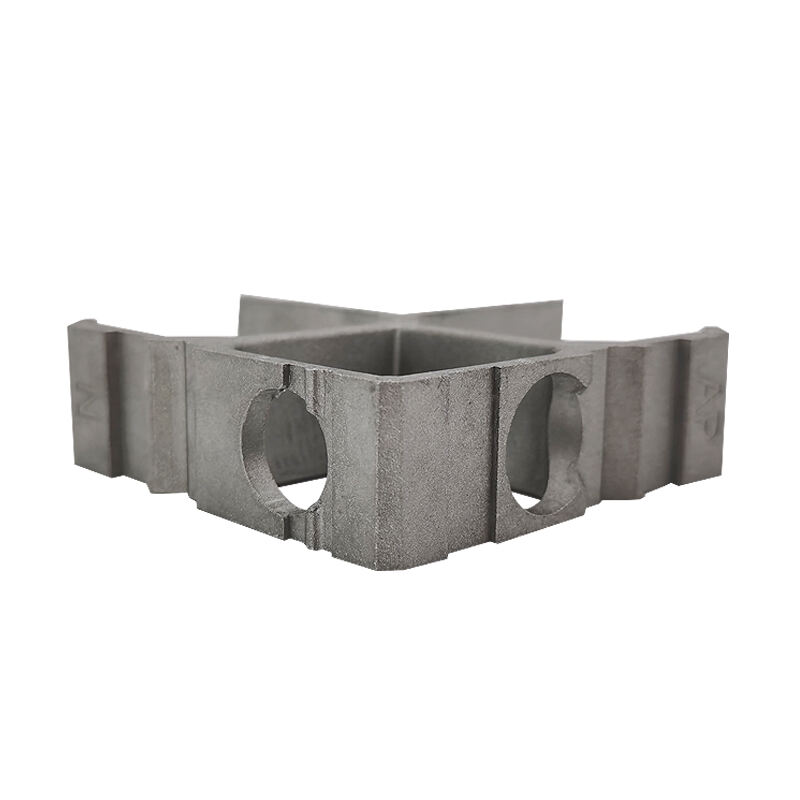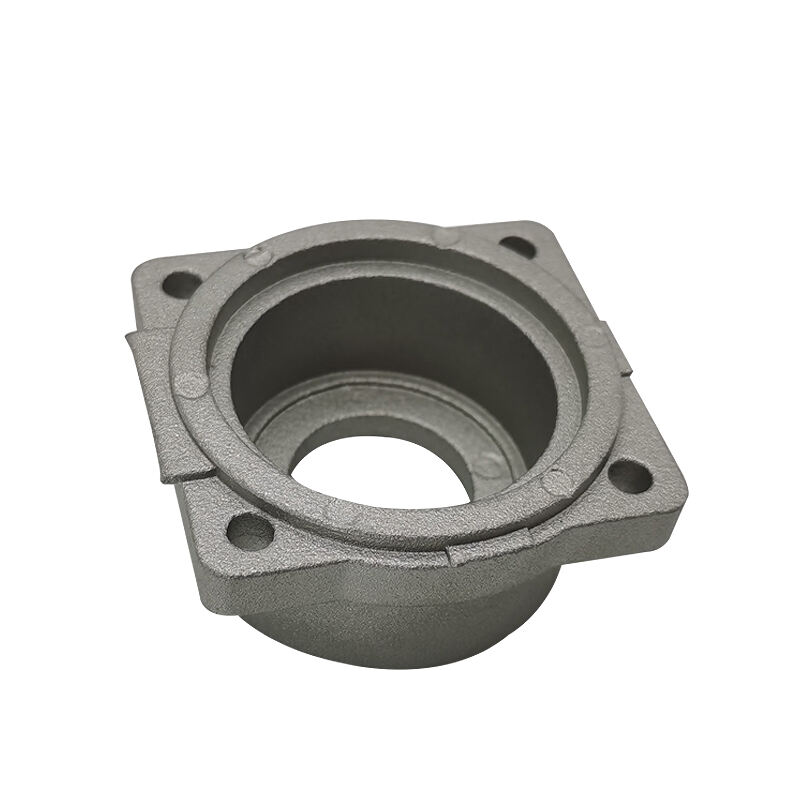casting aluminum parts
Casting aluminum parts represent a cornerstone of modern manufacturing, offering a versatile and efficient method for creating complex metal components. This process involves pouring molten aluminum into precisely engineered molds, allowing manufacturers to produce intricate shapes and designs that would be difficult or impossible to achieve through other manufacturing methods. The technology employs various casting techniques, including die casting, sand casting, and permanent mold casting, each suited to specific applications and production volumes. These parts are integral to industries ranging from automotive and aerospace to consumer electronics and construction. The process stands out for its ability to maintain tight dimensional tolerances while ensuring excellent surface finish and structural integrity. Modern casting facilities utilize advanced computer-aided design and simulation tools to optimize mold filling and solidification, resulting in consistently high quality parts. The aluminum used in casting is typically alloyed with other metals to enhance specific properties such as strength, corrosion resistance, or thermal conductivity. This versatility in material composition, combined with the precision of modern casting techniques, enables manufacturers to create parts that meet exact specifications for strength, weight, and durability.


